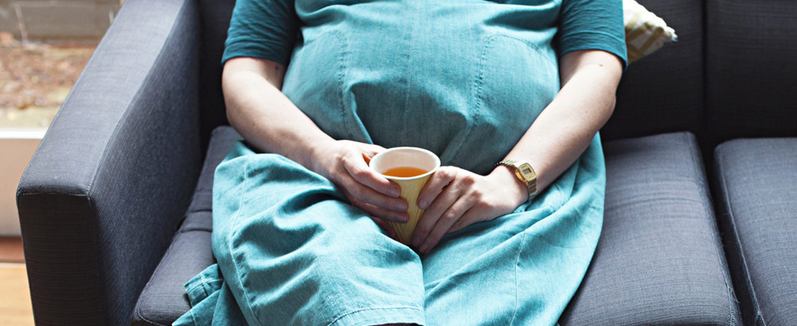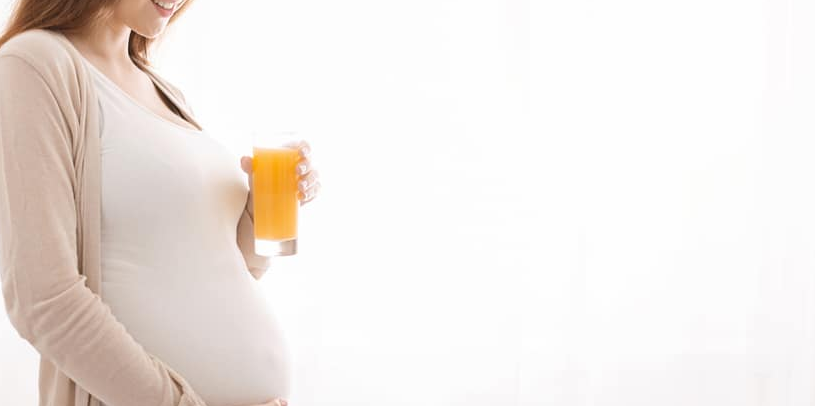The question of can pregnant women drink kombucha may arise for a number of reasons. This drink is made from black or green tea, and it may contain caffeine, but the fermentation process reduces the caffeine by up to two-thirds. The caffeine content in kombucha is typically 6 to 14 milligrams per eight-ounce serving. Some brands of kombucha contain less caffeine than others, including GT and Health -Ade. The American College of Obstetricians and Gynecologists recommend no more than 200 mg of caffeine per day for women. The small amount of caffeine in kombucha is not associated with increased risk of miscarriage or preterm birth, which means kombucha consumption is likely safe.
Although new, kombucha is a popular drink among pregnant women. What is kombucha, though? And how much caffeine does it have? For more, continue reading!
Avoiding kombucha during pregnancy
Although kombucha may have a number of health benefits, it’s not a good idea to drink it during pregnancy. This fermented tea, which dates back several thousand years, can trigger a woman’s immune system. If consumed in excess, kombucha can also harm her unborn baby.
During pregnancy, it’s crucial to consider the health effects of each drink. Kombucha is a good source of probiotics, which will help your body fight off harmful bacteria and improve digestion. In addition, it contains antioxidants and vitamins. While these health benefits make it beneficial to women of all ages, it can be harmful to unborn children. Therefore, pregnant women should consult their doctor before drinking kombucha.

Limiting caffeine in kombucha
It is important for pregnant women to limit the caffeine content of kombucha. This fermented tea beverage contains a large amount of caffeine and alcohol. The alcohol content can vary widely, and it is difficult to monitor. While some brands of kombucha are pasteurized, it is still important to limit your intake of alcohol during pregnancy. It is important to consult your healthcare provider to find out how much alcohol is safe for you to drink.
Although it is safe for pregnant women to consume up to 200 mg of caffeine each day, it is important to limit your intake. This is because the amount of caffeine can be harmful to a developing baby. The NHS recommends that pregnant women consume no more than 200 milligrams of caffeine daily. However, this amount is not enough to cause negative effects in a developing fetus.
Avoiding kombucha during breastfeeding
While kombucha is known for its benefits, it’s not recommended for breastfeeding women. The beverage has bacterial contamination, which is a concern for those who drink it. But this problem is less likely to occur if you choose to consume a pasteurized version or make it yourself at home. With some precautions and modifications, you can drink kombucha during breastfeeding with fewer risks.
The caffeine in kombucha passes into breast milk, which is why it is important to limit consumption during breastfeeding. It can cause overly loose stools, which can dehydrate your baby. Even though your baby isn’t likely to notice a difference in stools, it can cause upset stomachs, irritability, and discomfort for your nursing baby.

Alternatives to kombucha for pregnant women
Kombucha is a popular drink that can have several health benefits. However, its consumption is not advised during pregnancy or breastfeeding. Fortunately, there are many other drinkable alternatives that will still give you the same health benefits. Some of these alternatives include green tea, black tea, yogurt, and sauerkraut.
Before trying kombucha, a pregnant woman should discuss the drink with her health provider. It is important to note that the fermentation process can increase the alcohol content. As long as the cap is closed properly, kombucha is safe to consume. However, if the bottle has a leak, it may be unsafe. Additionally, kombucha contains raw bacteria, which is not safe for pregnant women. In addition, a pregnant woman’s immune system is already depleted, making it even more vulnerable to illness.
However, if your doctor recommends against caffeine intake (which many doctors do), kombucha may not be the right choice for you. It’s also worth noting that while doctors agree that small amounts of caffeine aren’t harmful, they can’t pinpoint what the exact limit of safety is. This definition makes it difficult to determine the amount of caffeine in kombucha specifically. As such, kombucha is seen by some as a risky drink for pregnant women and children…
